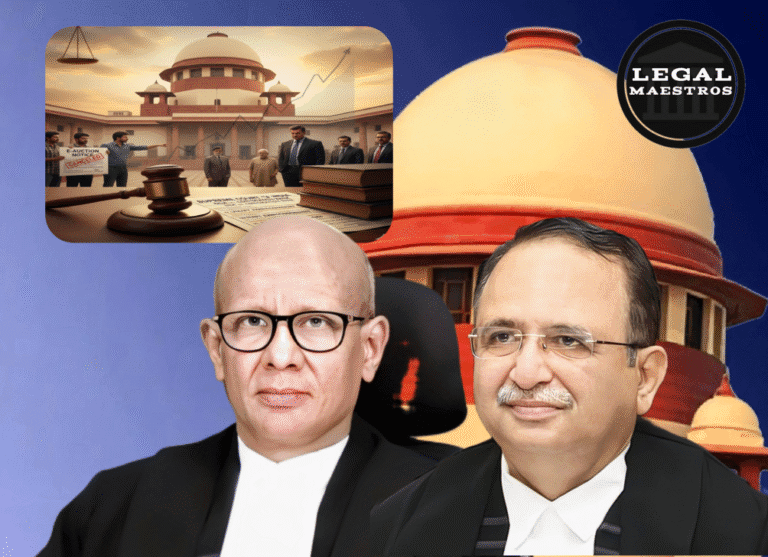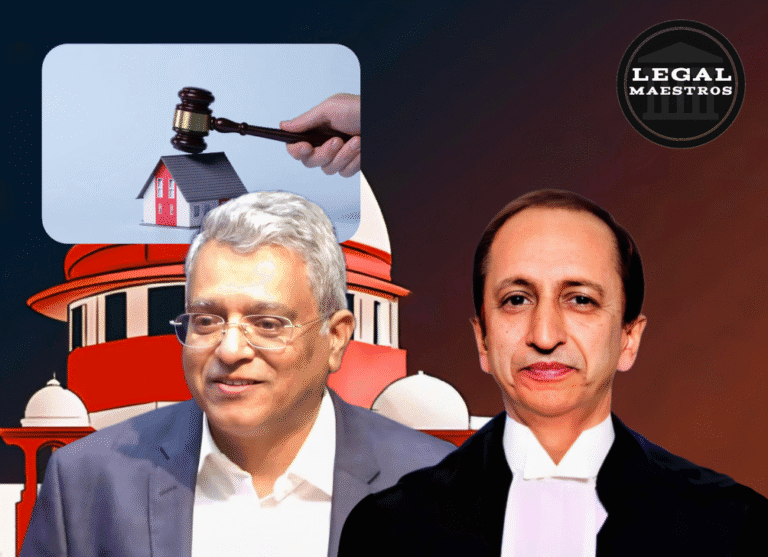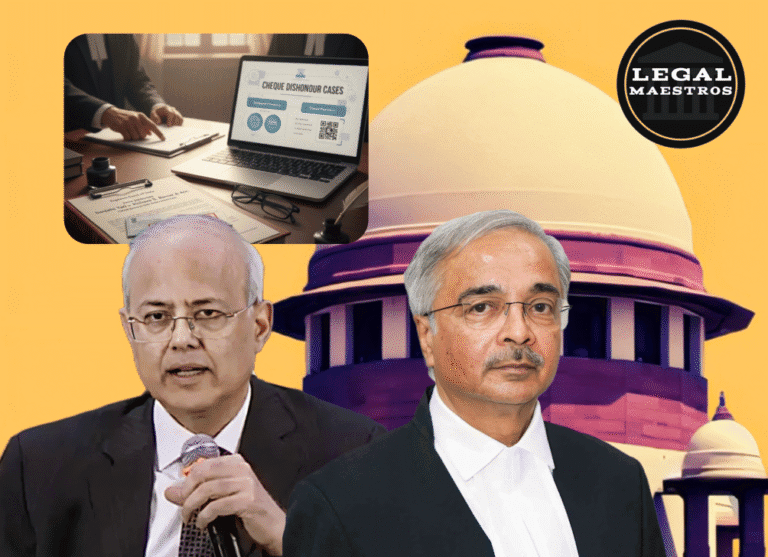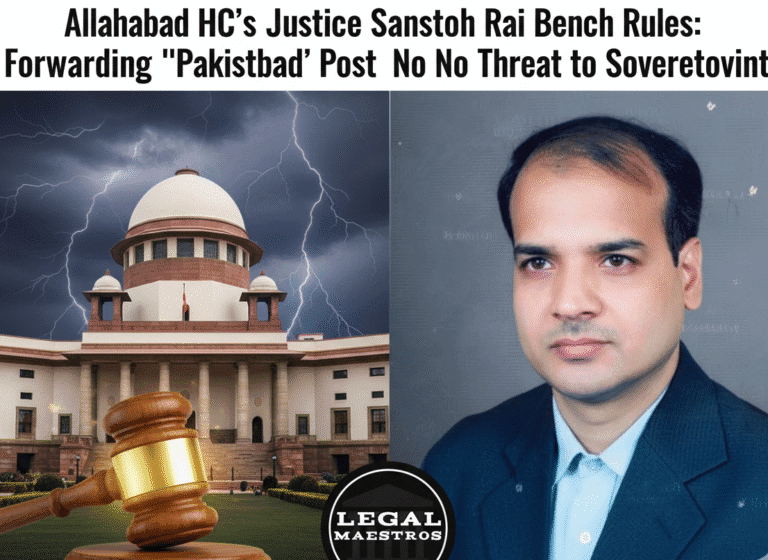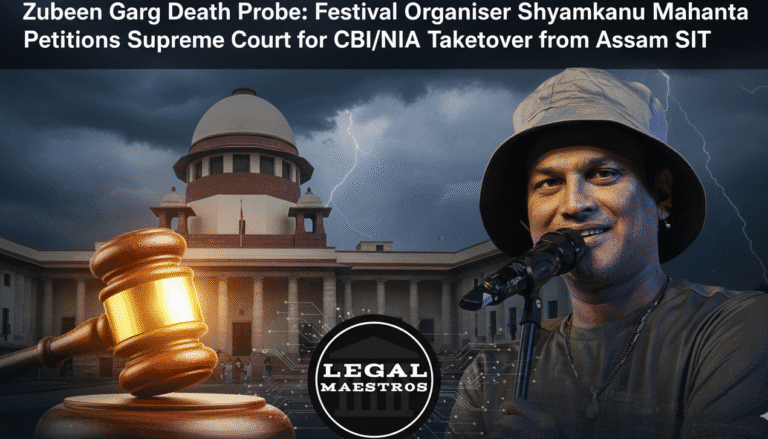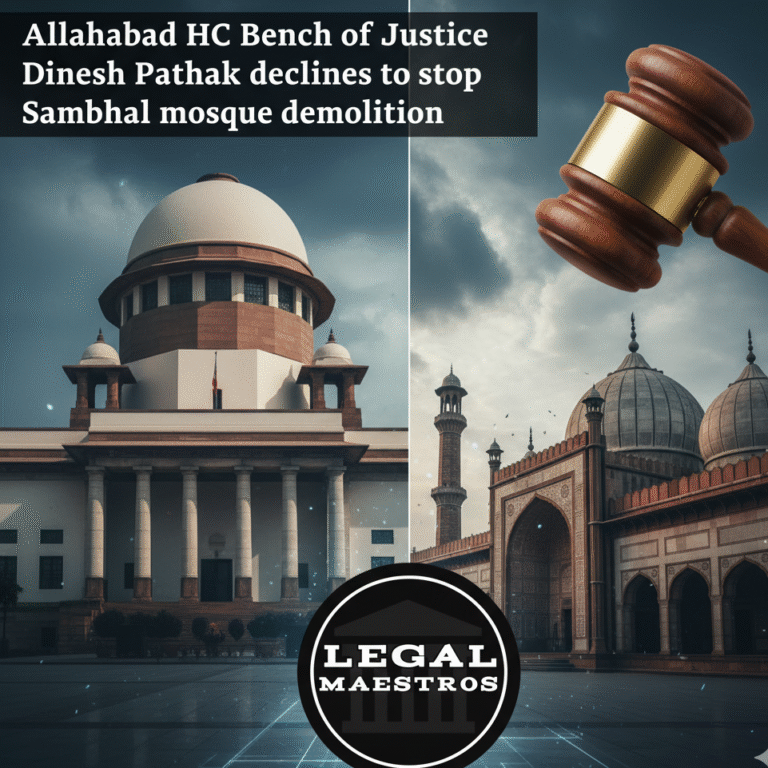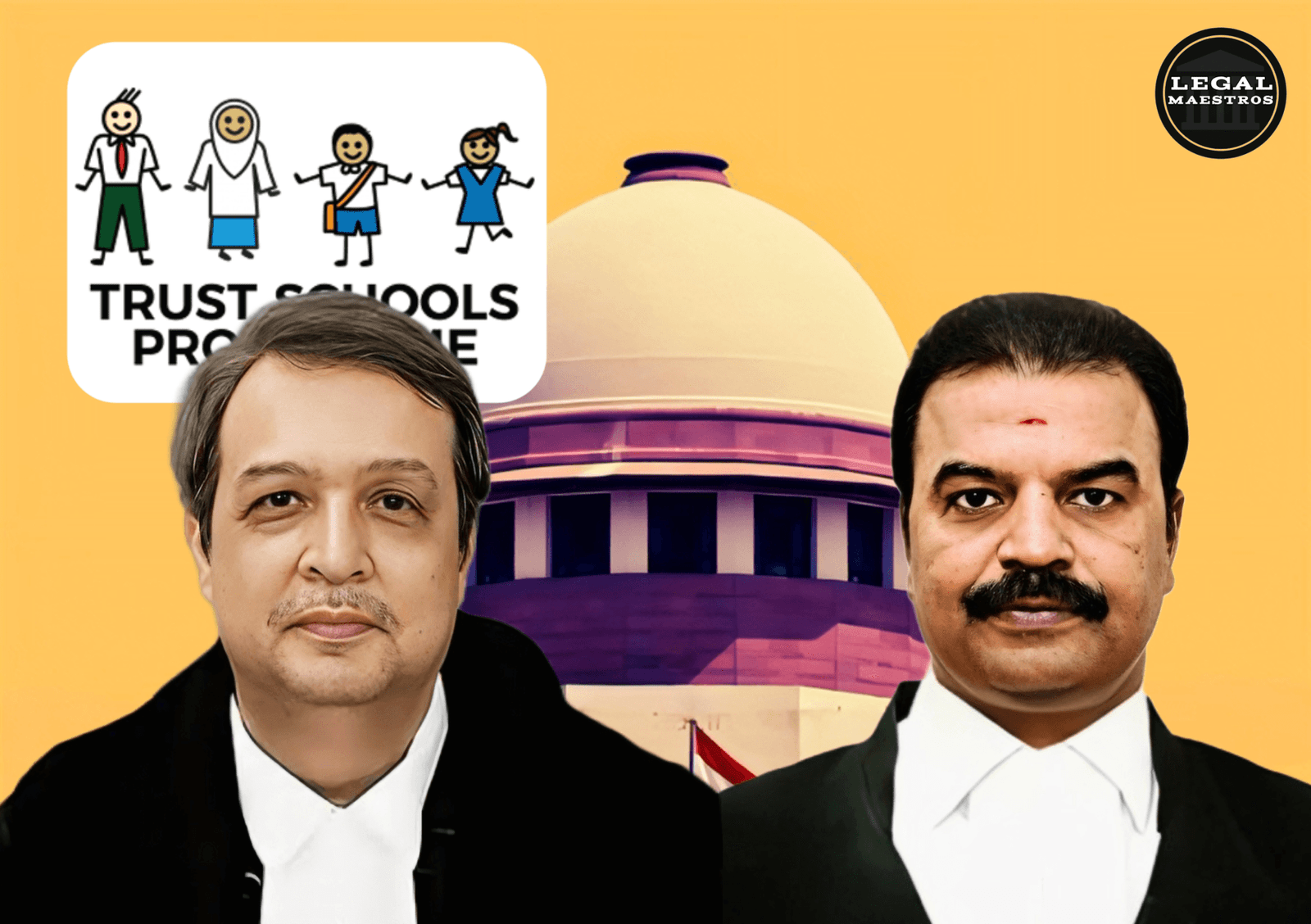
This is a significant call by taxpayers and officials.
The Supreme Court of India has in a very important decision clarified the powers of tax authorities, with regards to the Goods and Services Tax (GST) law. One of the fundamental questions that one can ask of the case, M/S Armour Security (India) Ltd. v. Commissioner, CGST, Delhi is in what circumstances the central and state GST departments having equal powers to investigate the same tax assessee can do so simultaneously? In the judgment of the Court, it has explained the major terms used in the law in detail and has laid down a clear guideline that no taxpayer is to suffer harassment from various institutions of the state. This choice is essential in as far as the GST system which is based on collaboration among various governmental agencies operates effectively and in an equitable fashion.
The facts of the case.
This case started with an organization called M/S Armour Security (India) Ltd., which is involved in security and is registered with the GST authorities in Delhi. The company was issued with a show-cause notice by a State GST office where it was required to pay unpaid taxes, interest and penalty for the period between April 2020 and March 2021. The reason behind the notice was on matters such as under-declaration of tax and excessive claim of input tax credit (ITC).
Officials of the Central GST Authority searched the premises of this company for a few months. They took electronic devices, documents and had a summons issued to the directors of the company to present additional documents. The company claimed that the Central GST Authority lacked the ability to investigate the case since the State GST Authority had initiated a process for the same. This company brought a plea in the High Court of Delhi against the stoppage of summonses and the High Court disposed of the plea. This was later brought before the Supreme Court by the company.
For any queries or to publish an article or post or advertisement on our platform, do call at +91 6377460764 or email us at contact@legalmaestros.com.
The Core Legal Issue: What Does Proceeding mean?
The central argument in the Supreme Court case was whether the summons issued by the Central GST Authority was unlawful as it constituted a prohibited proceeding under Section 6(2) (b) of the CGST Act. It uses this provision to prevent the initiation of any proceedings by different tax offices based on the same subject matter against the same taxpayer. The petitioner claimed that the request for documents and an investigation was a proceeding. The Delhi High Court agreed otherwise by explaining that a summons is merely a proceeding to acquire information and not a proceeding.
In an attempt to settle this challenge, the Supreme Court examined how the law had been variously interpreted by some High Courts in India. Others, such as the Allahabad, Madras and Kerala High Courts, concurred that the issuance of a summons or inquiry is not similar to a formal proceeding. They reasoned that a proceeding under the law means that there is an action under the law which is an office action such as an assessment, demand or penalty and such a proceeding will nearly always commence with a show cause notice. This was not the opinion of other courts but eventually the Supreme Court agreed with the opinion that there is a distinct line between a preliminary inquiry and a proceeding.
The Supreme Court notes that a proceeding has to have an aim and result in a certain outcome. According to the court, a show cause notice is the de facto beginning of a proceeding since it perfectly shows the purported violation, and is a prerequisite condition to passing a final order. On the other hand, a summons in relation to a search or investigation may not necessarily translate to a final move since the department may choose not to implement. The Court decided that turning an inquiry or investigation into a proceeding would have a detrimental effect on the system of cross-empowerment that the tax authorities collaborate to work on.
For any queries or to publish an article or post or advertisement on our platform, do call at +91 6377460764 or email us at contact@legalmaestros.com.
The definition of Subject Matter
The second biggest problem was the definition of the phrase subject matter contained in Section 6(2)(b). According to the petitioner, the issue was the availability of input tax credit in relation to cancelled dealers. The court was not in agreement with this general statement. It addresses that the subject matter constitutes a particular tax liability or breach of the law that is definitely defined in a show cause notice. The Court also formulates a two-pronged test to ascertain whether the same subject matter applies; this includes first whether an authority has attempted to take previous action on an exactly similar tax issue or alleged offence, and second whether the relief or demand being pursued is the same.
The ruling by the Court leaves no doubt that a variety of issues can be investigated by different departments although they might be connected. As an example, a State taxation authority can examine a different period in time or a different tax offense in comparison with a Central taxation authority. The Court indicated that a broad area of inquiry like input tax credit is not narrow in that it is not a subject matter where two different authorities could not investigate.
The last decision and its consequences.
The Supreme Court in its final order affirmed that a show cause notice is issued, which constitutes proceeding under the GST law, and not a search or a summons. The Court denied the appeal taken by the security company, which in a way permitted the Central Tax Authority to proceed with its investigation.
For any queries or to publish an article or post or advertisement on our platform, do call at +91 6377460764 or email us at contact@legalmaestros.com.
In order to avoid the occurrence of future conflicts, the Court provided tax enforcers with a definitive framework to follow. It declared that enquiries or investigations could not be done by the authorities until they were certain that the two are inquiring about the same tax liability/infringement When there is an issuance of show cause notice on a tax matter that has been addressed by a different authority, there is no need to cancel that new notice. The Court also explained that in a case where such investigations tend to reveal that both Central and State tax authorities are looking into the same issue, then they must agree between themselves, who would proceed with the investigation. All the documents and information relevant should be availed of by the authority that comes in to take over the case. Such a judgment reinforces the principle of one tax interface to taxpayers and does away with the issue of dual control of various authorities. It brings in an important guideline for proper and harmonious operation of GST administration.

